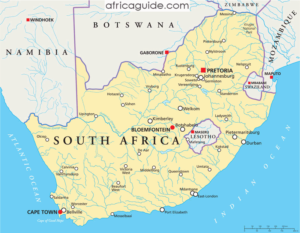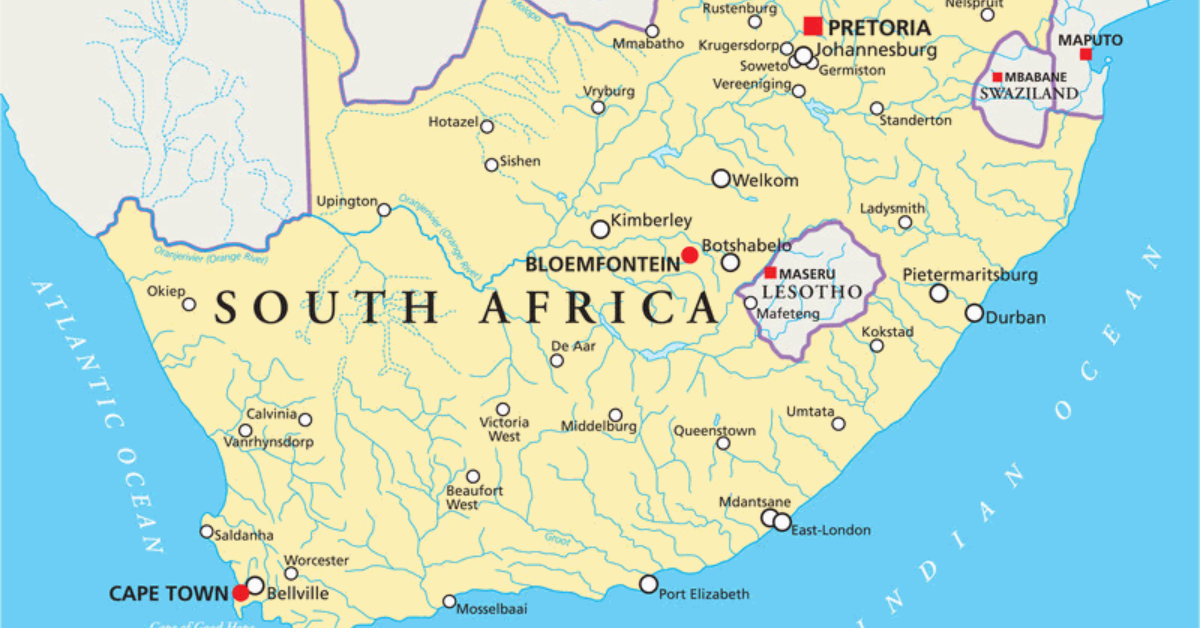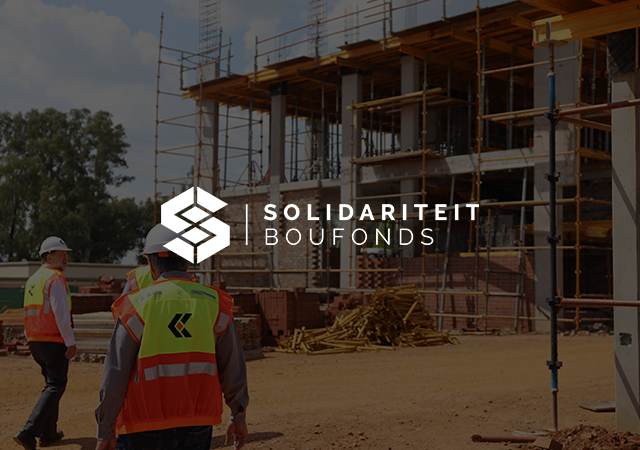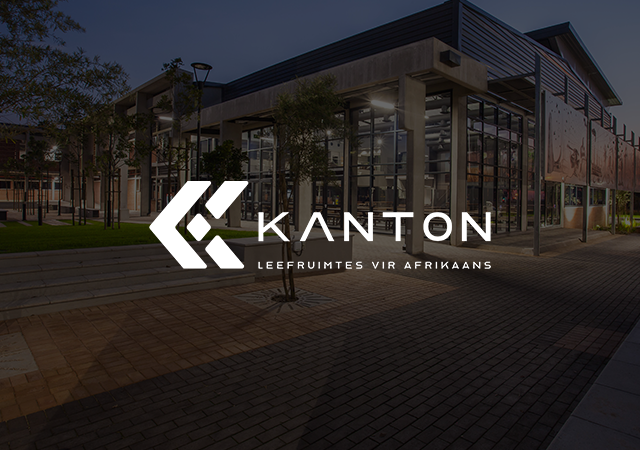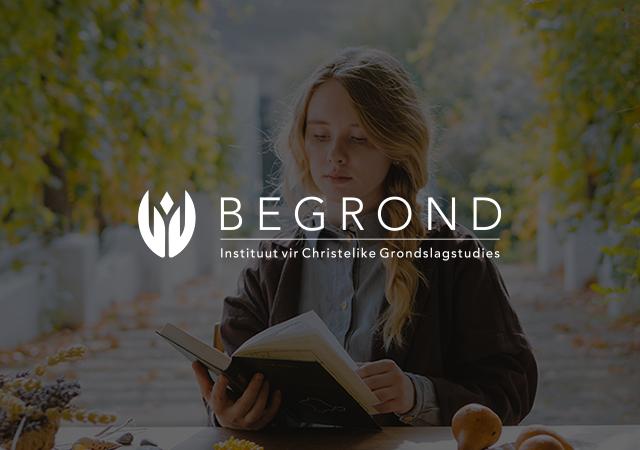The past three decades in South Africa have been known as the post-apartheid era, or as the era of the New South Africa. After an earthshattering election in May 2024, in which the African National Congress (ANC) lost its majority in parliament for the first time since 1994, it is clear that the country has entered a new era. Die post-apartheid era has always been characterized by the ANC as the representative of the millions of black South Africans who had been excluded from the democratic dispensation before 1994. For these South Africans, the ANC was the vehicle to realize their aspirations, dreams and hope.
However, it became clear, especially during the last decade, that a large section of these South Africans began to lose their patience with the ANC. The combination of poor service delivery, decaying infrastructure, violent and other crimes and the rise in unemployment and poverty proved to be enough for millions of voters who had voted for the ANC in 1994. Along with this, there is a whole new generation of young South Africans today who have little to no hope in politics, and especially in the ANC.
The result of all of this is that the ANC’s dwindling support levels turned into a dramatic loss of support. The party’s support dropped to 40%, and with it, the party lost the parliamentary majority it had over the past three decades. The ANC’s poor performance at the polls can be attributed to two things mainly. The breakaway of the Jacob Zuma faction from the ANC and the resultant rise of the MK party, especially in Kwazulu-Natal, was responsible for more than half of the ANC’s loss of support. Compared to previous elections, the balance of the loss in votes can be ascribed to the stay-away vote.
In 2024, the voting percentage among black South Africans dropped to the lowest level since 1994. Black South Africans who have had enough of the ANC’s mismanagement voted for opposition parties in very small numbers – most of them either voted for the MK or simply did not vote. Less than 40% of all eligible potential voters in South Africa voted. Of the 27.7 million registered voters only 16.2 million cast their vote. After the participation peak of 89.3% in 1999, the voting percentage has dropped to 58.6% in 2024. There are, however, another 13 million adult South Africans who did not even bother to register to vote. Thus, out of a total of more than 40 million eligible voters, only 16 million participated in the election.
The reason for the elevated levels of apathy among black South Africans, in particular, is precisely the feeling that politics, and specifically democracy, no longer offer solutions for their challenges. According to a 2024 study, conducted by the Human Sciences Research Council, 57% of South Africans are dissatisfied with democracy in South Africa.
After this year’s general election, it was clear that the ANC would have to form coalitions with other parties at national level, but also in some of the provinces to establish a stable government. The choice was clear – either cooperation with radical leftist parties such as the MK and the Economic Freedom Fighters (EFF), or cooperation with more centrist parties such as the Democratic Alliance (the classical liberal party and second largest party in the country), the Inkatha Freedom Party (a conservative and traditional Zulu party) and the Freedom Plus Party (a party representing conservative Afrikaner interests), The Patriotic Alliance (a populistic colored party) and some other smaller parties.
The ANC’s decision to choose the latter option was considered to be a wise choice by a majority of South Africans as well as by the international community. Since the announcement of a Government of National Unity which, in practice, is for all intents and purposes a multi-party coalition, there is renewed hope that South Africa can begin to address its problems.
However, it is important to realize that 2024 is not 1994. South Africa is experiencing major challenges with its infrastructure that has collapsed into total disrepair over the past three decades. Crime rates have reached the highest levels ever. Corruption has become part of the culture at all levels of government, and it will be very difficult to eradicate it. The national debt is the highest ever.
However, it is clear foreign investment is already returning to South Africa after a major capital outflow during the past few years. The fact that load-shedding (the systematic application of scheduled electricity outages over the past 12 years) has largely come to an end, together with the establishment of a moderate multi-party government contributes to new global optimism about South Africa.
For the optimism to remain sustainable the government will have to do more to fight corruption, reduce crime, improve infrastructure and ensure a general climate of investor confidence.
In a manner of speaking, the New South Africa is being replaced by the Next South Africa. The country is now entering a new era. The new coalition government is still facing major political challenges to stay in place, establishing sustainable governments in provinces and at municipal level, and ultimately, preventing radical populist groupings from reversing the reconstruction process.
The Next South Africa is a phase offering great opportunity to improve confidence through clearer, stable governance, leading to much-needed economic growth and job creation. Then the preservation of skills that are still flowing out of the country also becomes possible. The risks of a return to the disastrous 2010s of corruption, stagflation, increasing crime and the total decay of social cohesion are still a reality. Over the next year or two, and especially in the run-up to the municipal elections in 2026, we will have to see if South Africa can capitalize on the new window period of optimism that has opened up after the 2024 elections.
